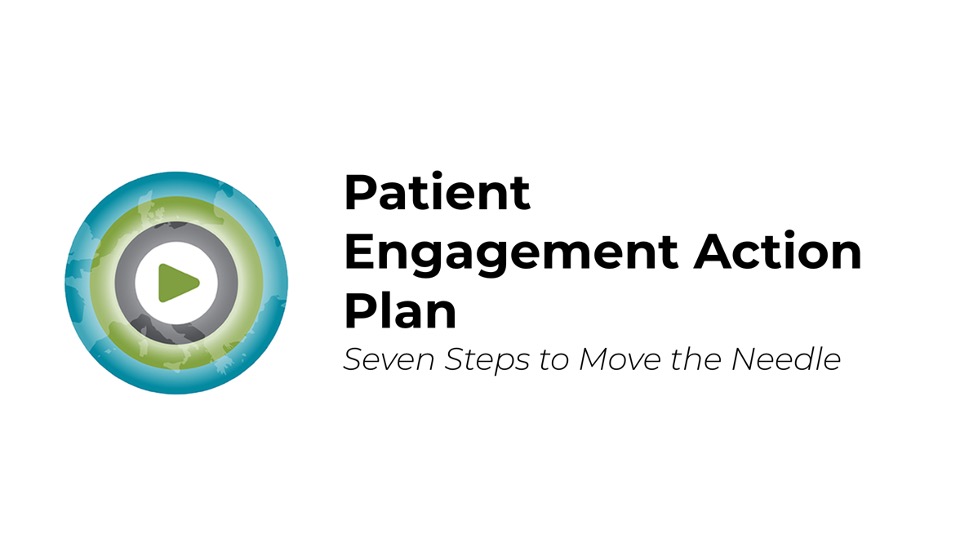 At CTF, we’re obsessed with accelerating the development of treatment options for all forms of NF. That’s why we work hard to attract pharma and biotech to the NF space, in order to invest and develop the treatments that will improve lives. A decade ago there were no such companies investing in NF; now there are 10. This is a tremendous development, and we believe the future is promising for even more partners to enter NF. The more people working to solve the NF challenge, the quicker we’ll get to answers.
At CTF, we’re obsessed with accelerating the development of treatment options for all forms of NF. That’s why we work hard to attract pharma and biotech to the NF space, in order to invest and develop the treatments that will improve lives. A decade ago there were no such companies investing in NF; now there are 10. This is a tremendous development, and we believe the future is promising for even more partners to enter NF. The more people working to solve the NF challenge, the quicker we’ll get to answers.
Equally, or arguably even more important, is the involvement of NF patients in the process. Patients have a critical voice in priority setting, clinical trial feasibility, clinical trial design, and the establishment of endpoints. When regulators such as the FDA in the United States or the EMA in Europe consider drug approvals, they not only study the effects of the treatments on patients, they listen to what the patients have to say, from drug effectiveness to quality-of-life issues. Safety and efficacy of drug options are critical; patient involvement is mandatory.
The DIA in Europe (Drug Information Association) recently hosted an important session on Patient Engagement, in partnership with EFPIA (European Federation of Pharmaceutical Industries an Associations) and EPF (European Patients Forum). On the panel were Annette Bakker, representing CTF Europe, as well as leaders across the drug development spectrum, including from the EMA, Pfizer, AbbVie, EFPIA, and others. Titled “Patient Engagement Action Plan – Seven Steps to Move the Needle”, the session explored how to better optimize the drug development and clinical trial processes by placing patient input, experiences, and data at the center.
The DIA has made the session summary public. It is a terrific outline for improving patient engagement and outcomes across disease areas, including for NF. You can read it here.
On November 23, the next panel session in this work took place, with Magda Chlebus of the European Federation of Pharmaceutical Industries and Associations and others. We’ll share that publication when it becomes available.
In the meantime, if you are an NF patient (or a caregiver of one), you can also join the NF Registry. Your involvement will increase researcher understanding of NF, and in turn you will learn about relevant clinical trials as well as CTF’s patient engagement options.

